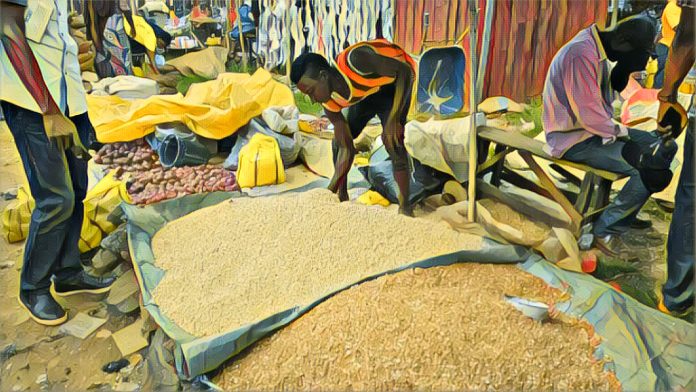Nigeria’s woes deepen as cities like Abuja and Lagos witness intensified petrol scarcity, exacerbating the daily struggle of residents grappling with inflation, inadequate electricity, and escalating insecurity.
The situation deteriorated significantly on the ground in various cities, including Abuja, Lagos, Benin, Osogbo, and Ibadan. Observations highlighted fuel stations closed en masse, reflecting the government’s haphazard subsidy removal strategy.
According to a report by The Guardian, those operational stations saw sprawling queues, with black marketers capitalizing, charging up to N1000 per litre, particularly in the Federal Capital Territory. This escalation follows the fuel marketers’ warnings, criticizing the government’s disguised fuel subsidy and the Nigerian National Petroleum Corporation Limited’s (NNPCL) monopolistic stance.
In Abuja’s Central Area, black marketers charged exorbitant rates of around N1000 per litre. Simultaneously, private outlets’ prices touched N649, with waiting times extending to 30 minutes for motorists at the pump.
At NNPC Retail stations, consumers battled hour-long queues, scrambling to purchase petrol at N614 per litre. Marketers voice discontent with the oil industry’s destabilized deregulation, urging foreign exchange availability at subsidized rates to reflect true market conditions.
However, the NNPCL’s dominance persists amidst foreign exchange inaccessibility, skewing the PMS’s current pump price reality. The soaring diesel prices prompted the National Association of Road Transport Owners to seek freight rate increases, citing deplorable road conditions nationwide.
Additionally, marketers advocate for an end to local activities’ dollarisation, spotlighting the Nigerian Maritime Administration and Safety Agency and the Nigerian Ports Authority.
Lagos’s scenario was bleak, with closed stations and motorists queuing for hours, enduring heightened prices of N620 per litre. Specific stations in Osogbo and other parts offered marginally better rates, yet the overall situation remains dire.
Motorists and business owners expressed profound distress, citing severe impacts on livelihoods and economic activities. Calls for government intervention amplified, with many advocating for subsidy reinstatement as a lifeline.
The consensus among affected citizens points to an urgent need for functional refineries and effective government measures to alleviate the burgeoning crisis tied to the fuel scarcity and economic hardship.



